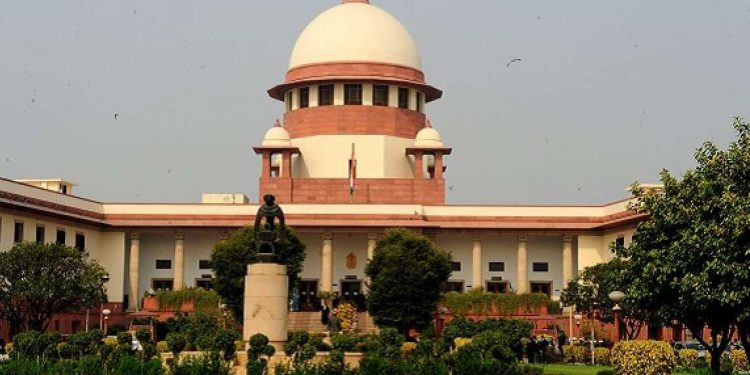New Delhi: The Supreme Court Friday reserved its verdict on a batch of pleas related to the issue of live streaming of court proceedings.
A bench of Chief Justice Dipak Misra and Justices A M Khanwilkar and D Y Chandrachud said it would pass appropriate orders after Attorney General K K Venugopal suggested that live streaming of the important cases in the Chief Justice’s court can be started on a pilot basis.
The Attorney General said the process can be adopted in other court rooms depending on the success of the pilot project.
During the hearing, one of the lawyers present in the courtroom opposed the suggestion of live streaming, saying this will have an implication on the administration of justice and also lead to “spreading of fake news”.
The top court, however, said that it aims to implement the concept of open courts which in turn would help reducing the crowd in the court. It said live streaming may also be a help for academic purposes.
The apex court had earlier termed the proposal of live streaming of the court proceedings as the “need of the hour”.
A petition, filed by a law student, had sought a direction for setting up live streaming rooms within the apex court premises and granting access to legal interns.
The plea, filed by Swapnil Tripathi, a student of National Law University in Jodhpur, had sought requisite guidelines to facilitate witnessing of the proceedings for interns.
Senior advocate Indira Jaising had also filed a PIL for video-recording of proceedings in matters of national importance.
Besides Jaising and Tripathi, NGO Centre For Accountability and Systemic Change, through its lawyer Virag Gupta, had also filed a PIL seeking a direction to the apex court registry and the Ministries of Law and Justice and Electronics and Information Technology to “video record the proceedings of all the courts and make them available to public and parties, subject to regulations”.
Earlier, the Centre had said that video recording and live streaming of judicial proceedings can be undertaken on a trial basis in constitutional matters being heard by the Chief Justice of India’s court.






































